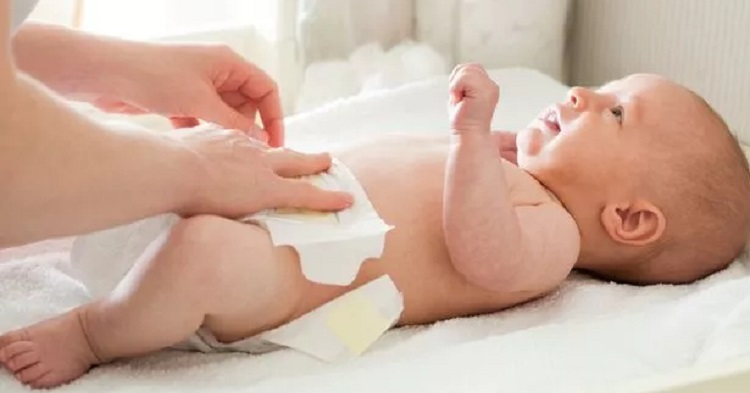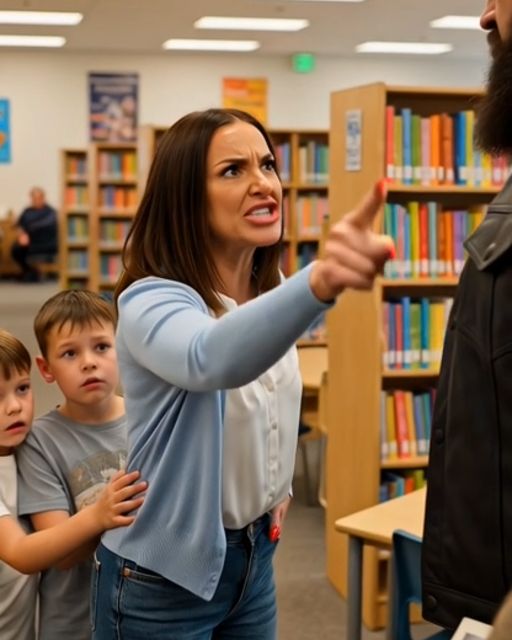Concept of Baby Consent for Diaper Changes

In the ever-evolving world of parenting, a fresh approach has emerged that challenges traditional practices: asking a baby for consent before changing their diaper. This novel idea has captured attention, evoking both intrigue and skepticism among parents everywhere.
This pioneering perspective comes from Deanne Carson, recognized for her expertise in sexuality education. Carson boldly proposes beginning a dialogue about consent at the earliest stages of a child’s life. While it may seem offbeat, she argues that infants can indeed benefit from a culture of mutual respect and consent.
During a significant discussion on the ABC network, Carson explained how parents can incorporate this practice with infants. She underscores the role of non-verbal communication, especially eye contact, as a way to signal that a child’s input is valued. Although babies can’t verbally express themselves, Carson believes that pausing and employing non-verbal gestures can set a respectful tone between parent and child.
Despite the widespread interest, many are skeptical. Questions arise about how practical it is to seek consent from a baby who likely doesn’t understand the context. Some jest about the unrealistic expectation of receiving a verbal cue from infants.

Adding another voice to the discussion, parenting advisor John Rosemond critiques common gestures like high-fiving children. He suggests such actions might erode parental authority and respect, potentially leading to discipline challenges later on.
As with any groundbreaking notion, doubts persist. People wonder about the repercussions if a baby “refuses” consent. Do parents proceed anyway? Such complexities highlight the challenges of modern parenting.
In this era where every parenting choice comes under scrutiny, these discussions illuminate the intricate bonds between parents and their children. Whether it’s about seeking consent for diaper changes or debating the merits of high-fives, each interaction shapes the familial relationship.
So, where does this leave us? Are we complicating parenthood too much, or are these talks essential for fostering respectful interactions? Opinions differ, but one truth remains — parenting is a complex journey involving endless learning and adaptation. It’s an experience filled with unexpected turns, challenges, and, naturally, countless diaper changes. Yet, amidst everything, the pursuit of understanding and betterment is a constant companion.



